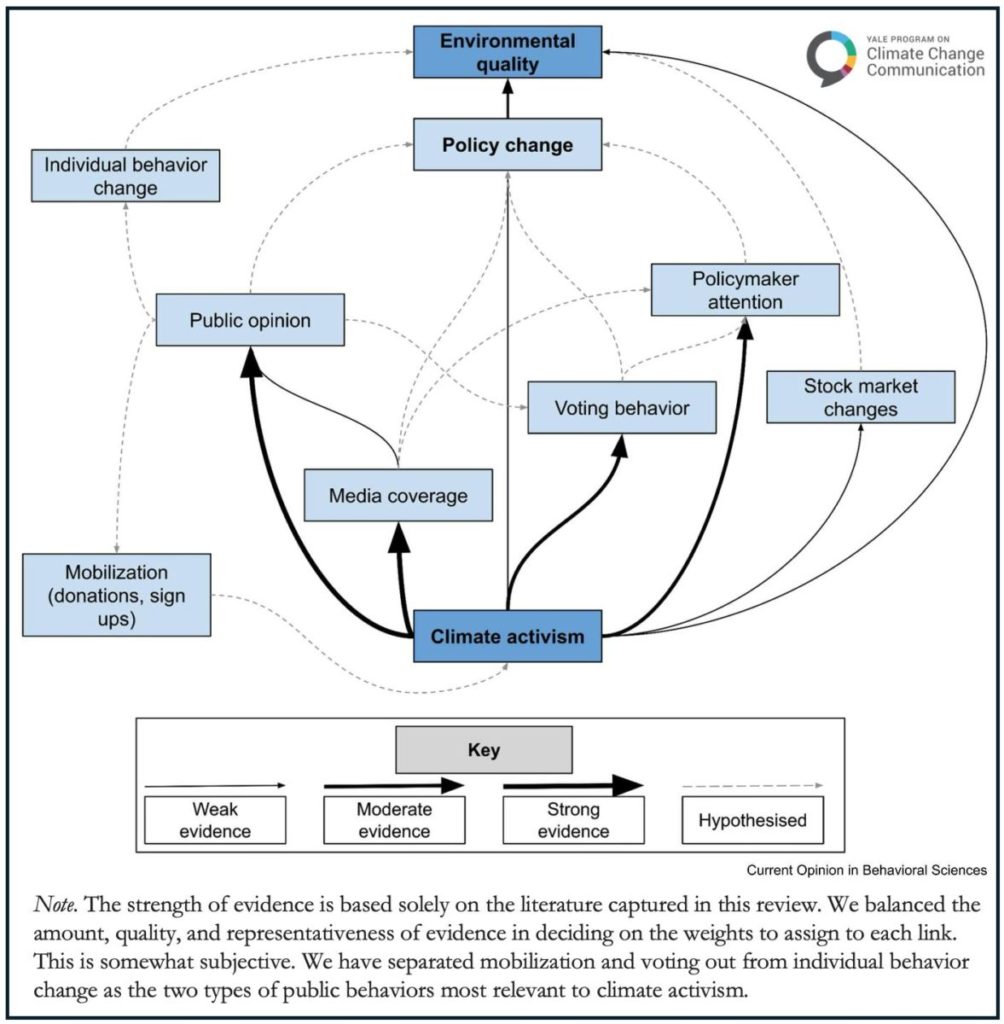Climate Activism: A Driver of Change?
Climate activism has taken a prominent place in public debate, mobilizing millions of people worldwide. Movements like Fridays for Future or Extinction Rebellion have drawn attention to the climate emergency. But do these actions have a real impact on environmental policies and the protection of the planet? This is the central question of our investigation.
The Role of Major Foundations
Major foundations, such as the U.S. Energy Foundation, the MacArthur Foundation, and the Arthur Vining Davis Foundations, play a crucial role in funding climate activism. These influential foundations are often supported by private funds and various interests, raising questions about the true independence of the movements they finance.
U.S. Energy Foundation
The U.S. Energy Foundation, for example, is a non-profit organization that supports initiatives aimed at promoting clean energy. However, its funding comes from various sources, which can lead to potential conflicts of interest.
MacArthur Foundation
The MacArthur Foundation is known for its grants in the fields of education and the environment. Although it supports numerous climate initiatives, it is also involved in various industrial sectors, which can influence its funding priorities.
Arthur Vining Davis Foundations
Finally, the Arthur Vining Davis Foundations, though smaller, also play a role in supporting climate change awareness efforts. Their funding primarily comes from industry, raising questions about the objectivity of their actions.
The Paradoxes of Decarbonized Energy
One of the major paradoxes of climate activism lies in the promotion of decarbonized energies. Although these energies are essential for reducing greenhouse gas emissions, their production and deployment can have negative environmental impacts.
The Example of Wind and Solar
Wind and solar farms, for example, require large areas of land, which can lead to deforestation and biodiversity loss. Furthermore, the production of solar panels and wind turbines involves the extraction of rare resources, often under ecologically destructive conditions.
The Real Effectiveness of Activism
Despite these paradoxes, climate activism has undeniably contributed to raising public awareness and pushing governments to adopt greener policies. However, it is crucial to question the effectiveness of these policies and the influence of private funding on their implementation.
Data to Support
According to a Yale study, initiatives funded by these foundations have led to significant emission reductions in certain sectors, but their overall impacts remain limited compared to the current climate emergency.
Conclusion: A Necessary Reflection
Climate activism is a powerful tool for change, but it must be accompanied by critical reflection on its methods and funding. The foundations that support these movements have a significant influence, and it is essential to ensure that their interests do not compromise environmental goals.

Sources
Yale Program on Climate Change Communication:
U.S. Energy Foundation
MacArthur Foundation
Arthur Vining Davis Foundations



